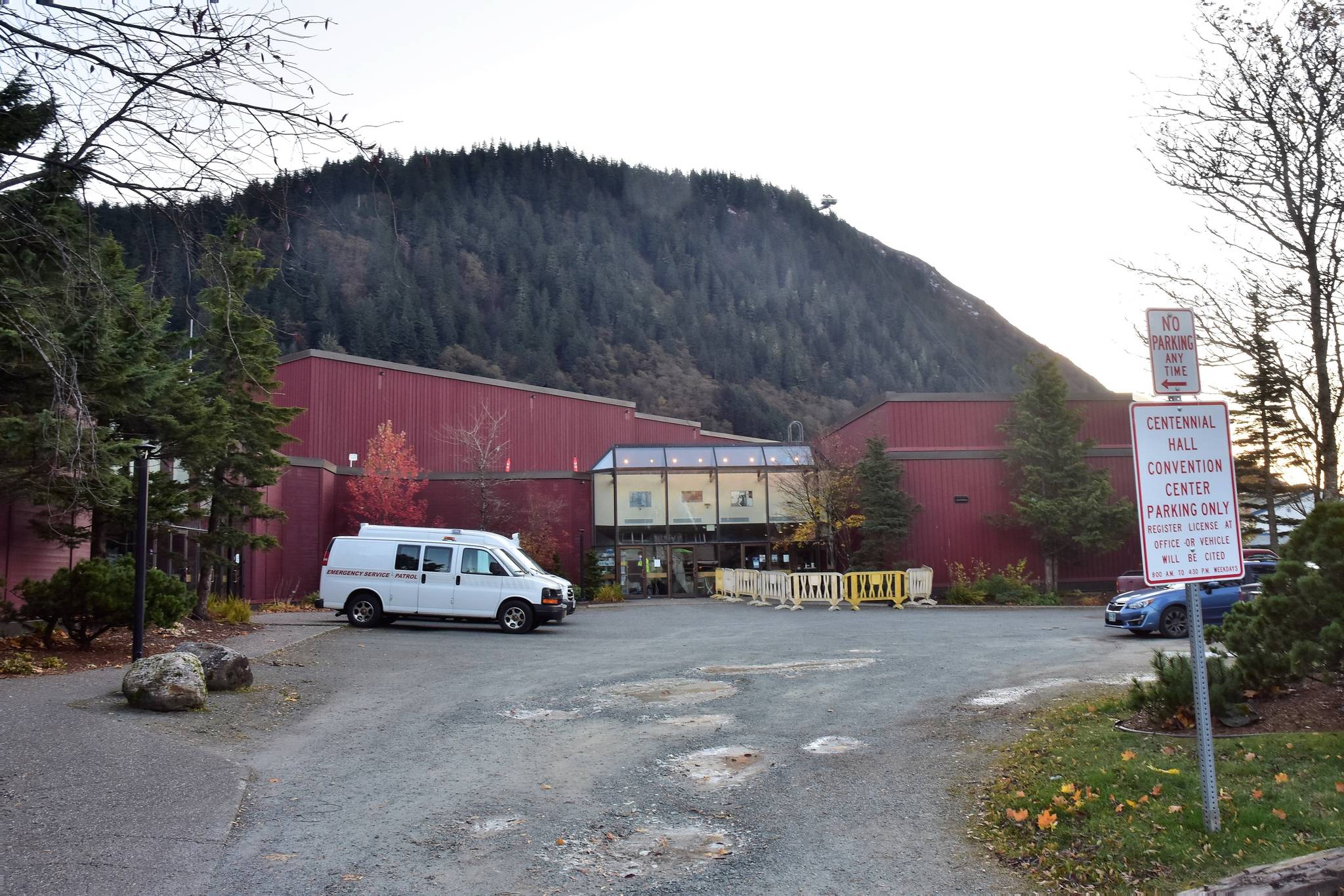The recent increase in COVID-19 cases in Juneau is causing some concern about the city’s health care capacity, as the city tries to contain an outbreak among the city’s homeless while still managing cases in the general population.
About half the city’s new cases were associated with a growing cluster among unsheltered people, and the cluster has spread to include those who regularly come into contact with unsheltered people such as service workers and family members, said Robert Barr, planning section chief for the City and Borough of Juneau’s Emergency Operations Center.
“This homeless cluster is significantly different from outbreaks in the past, it’s not as contained,” he told the Empire in an interview Wednesday. “We are starting to see cases connected to that cluster but in people who are regularly engaged with them.”
The city reported on Wednesday 11 new COVID-19 cases. Of the new cases, four are linked to that growing cluster, according to the city, which now includes 66 people. There are 75 active cases in Juneau, according to the city. All known active cases are in isolation.
The increasing number of cases statewide and the complicated nature of contract tracing unsheltered people means the city is not hitting its target of 90% of COVID-positive people interviewed within 24 hours, Barr said.
[City moves to high alert level as 35 new cases confirmed over long weekend]
The city raised its health alert level to Level 3 — High on Tuesday, citing the growing number of cases in the city and the lack of containment around the outbreak. The city has stood up extra isolation facilities for COVID-19-positive unsheltered people at Centennial Hall, and Wednesday Barr said over the past few nights more than 10 people had shown up seeking assistance.
The city has been able to hire additional staff for the facility, but is still looking for additional workers for either paid or volunteer positions, he said.
The coronavirus is extremely infectious, and people can have the coronavirus and not know it, Barr said. It’s often when people are asymptomatic they are most contagious, he said, urging people to observe public health mitigation strategies like masking and social distancing.
“There are certain activities that are more risky,” he said. “Anytime you are in an indoor space, that is an intrinsically risky behavior. But that doesn’t mean it’s an unacceptable behavior.”
Barr said city health officials have seen high levels of compliance with mitigation strategies in the general public and in the city’s unsheltered population.
“It’s really easy to focus on the negative experience we have, when you look at the data, the vast majority of people in Juneau have done all the right things,” he said. “It is not appropriate to blame any individual who contracted COVID for contracting COVID.”
• Contact reporter Peter Segall at psegall@juneauempire.com. Follow him on Twitter at @SegallJnuEmpire.

